Tooth Extraction in Rocky Mount, VA
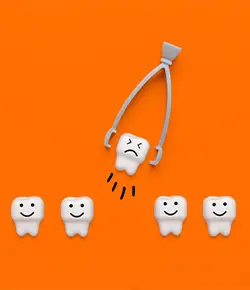
About the Tooth Extraction Process
Tooth extraction is a procedure in which a tooth is removed completely from its socket. You may have heard the term "pulling a tooth" which refers to extraction. This procedure can be performed by either a specialist or a general dentist to improve dental health.
When does a tooth need to be extracted?
- Overcrowding: Tooth extraction may be necessary if you have an overcrowded mouth. Overcrowding can lead to the misalignment of teeth, which can affect your bite and overall oral hygiene. Often, a dentist may recommend the extraction of one or more teeth to alleviate the congestion and to make space for proper alignment.
- Severe Tooth Decay: When tooth decay reaches the center of the tooth (the pulp), it results in intense pain and infection. If left untreated, it may develop into an abscess and a root canal might not be enough. Under these circumstances, removing the affected tooth could be the best course of action.
- Periodontal Disease: If the gum disease progresses to the point where it affects the tissues and bones that support your teeth, extraction may be necessary. This is usually the case when the teeth become loose due to the weakening and damage of these supporting structures.
- Impacted Teeth: This happens when a tooth doesn't have enough room to grow or emerge, common with wisdom teeth. If left untreated, impacted teeth can lead to infections, damage adjacent teeth, or cause a cyst.
- Damaged or Broken Teeth: Despite dental advancements, not all damaged or broken teeth can be repaired. Depending on the extent of the damage, extraction might be necessary, especially when the tooth's structure is extensively compromised.
Remember, only a professional dentist can accurately diagnose when a tooth extraction is necessary. If you show symptoms or are concerned about any dental problem, it's important to seek a professional dental consultation. Contact Crooked Road Dental today to have a consultation with Dr. Gene Gress!
What happens during a tooth extraction?
The first step towards tooth extraction is numbing the area. Once your dentist has made sure you're comfortable, they'll inject a local anesthetic into the gums around the tooth that's going to be extracted. This is done to make the process painless. In some complex cases, a strong general anesthetic may be needed to enable the patient to sleep through the entire procedure.
The next step is the actual extraction of the tooth. If the tooth is impacted, that means it's still under the skin and not visible. In such a case, the dentist will need to cut into your gum to access and remove the tooth. For a fully emerged tooth, the dentist will use an elevator, a dental tool used to loosen the tooth, and dental forceps to remove it.
Once the tooth is removed, a blood clot typically forms in the socket. The dentist will then place a gauze pad into the socket and have you bite down on it to stop the bleeding. In some instances, the dentist may use a few stitches to close the gum edges over the extraction site. This can vary depending if you are having tooth extractions as a pre-prosthetic surgery.
What To Do After Tooth Extraction
After a tooth extraction, proper dental care is crucial to ensure a swift and smooth recovery. These are some steps you can take post-extraction to avoid potential complications and promote optimal healing.
- Resisting Physical Activity: Following a tooth extraction, it's essential to limit your physical activities for at least 24 to 48 hours. Strenuous activities such as weightlifting and aerobics can inadvertently cause the extraction site to bleed, prolonging the recovery process.
- Compress Application: After tooth removal, you might experience swelling around the extraction area. Applying a cold compress on the affected side of your face can significantly reduce swelling and pain.
- Proper Oral Hygiene: Maintain good oral hygiene to prevent infection. Rinse your mouth gently using warm saltwater solution 24 hours after the extraction. However, avoid vigorous rinsing, tooth brushing, or any activity that could distress the extraction site and delay healing.
- Adequate Rest: Getting adequate rest is fundamental for recovery. Try to keep your head in an elevated position when lying down to reduce any bleeding or swelling.
- Diet Adjustments: Consider modifying your diet post-extraction. Consuming soft, easy-to-chew foods and plenty of fluids can help manage pain and aid recovery. Avoid hot, spicy foods and alcohol as they can delay healing.
- Medication Compliance: If your dentist prescribes medication, take it as instructed. This could be painkillers to manage discomfort or antibiotics to prevent infection. Also managing pain timely is crucial to avoid discomfort that can affect your normal eating habits.
- Avoiding Smoking: Smoking can delay recovery by interfering with blood clot formation essential for the healing process. If you smoke, it's recommended to hold off for at least 72 hours after tooth extraction.
- Regular Dental Checkups: Visiting your dentist for regular post-extraction checkups can help monitor your recovery progress. It allows your dentist to ensure everything is healing correctly and there are no complications such as dry socket or infection.
The ultimate goal after tooth extraction is to promote healing, prevent complications, and prepare for the placement of dental implants, if necessary. If you have had tooth extractions as a pre-prosthetic surgery, you will need to follow up about the next step to replace the extracted tooth. Through proper aftercare and regular monitoring, patients can expect a comfortable recovery and a return to normal oral function before long.
Crooked Road Dental For Your Tooth Extraction
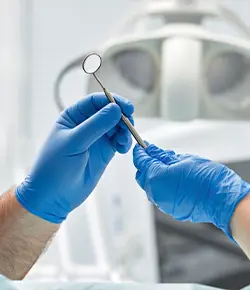
FAQ
Why consider tooth extractions?
Tooth extraction is often perceived as a last resort in dental treatment processes; however, this perception is beginning to change. From being a typical solution for tooth infections and diseases resistant to regular treatments, tooth extractions have grown into a recognized form of preventative care, as well. It is important to note that tooth extractions should only be considered after consultation with a dental expert. An extraction is a form of oral surgery, thus it carries several risks and implications that need to be discussed in detail.
What is the difference between a complex and simple tooth extraction?
Simple tooth extractions are performed when the tooth is visible and properly formed in the mouth. Such extractions are straightforward and involve loosening the tooth from the dental socket using an instrument called an elevator, before finally removing it with dental forceps. This procedure is generally conducted under a local anesthetic.
On the other hand, complex tooth extractions are typically more time-consuming and entail a surgical process. These are necessary when the tooth may not have fully grown into the mouth, is dissolved in the gum or if it has broken off at the gum line. This often occurs with wisdom teeth. In a surgical extraction, the dentist or oral surgeon may need to cut and pull back the gums, providing access to the root. This procedure may also involve the removal of bone around the tooth or cutting of the tooth itself. Since the procedure is more invasive, it usually requires a stronger form of anesthesia or even general anesthesia.
Can I eat 3 hours after tooth extraction?
The general guideline is that yes, you can eat, but with a lot of care and caution. After a tooth extraction procedure, your dentist will likely recommend waiting at least a few hours before attempting to eat. This waiting period allows the initial clot to stabilize in the extraction site, which is critical for healing. However, when you do start eating again, it's advisable to stick to a soft and easy-to-digest diet at first. It's also important to stay hydrated following tooth extraction. Drinking water helps keep your mouth clean and supports good overall health. However, avoid using a straw as the suction could damage the clot forming in your extraction site.
How long does a tooth extraction take to heal?
The healing time for a tooth extraction can vary greatly depending on the individual's overall health, type of extraction performed, location of the extracted tooth, and their adherence to aftercare instructions. Generally, the healing process begins immediately after the tooth extraction. An initial clot forms within the first 24 hours to protect the area, with the first few days devoted to healing the soft tissue wound, and the rebuilding of bone structure usually beginning in about one to two weeks.
If the procedure involves removing an impacted wisdom tooth or requires surgical extraction, complete healing might take several weeks or even a few months. Similar timelines apply for bone healing. While there will be significant progress within the first couple of weeks, it may take several months for the bone to reshape and fully recover.

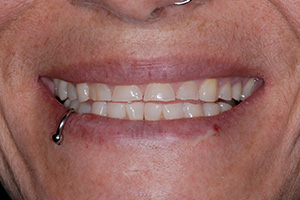 Before
Before 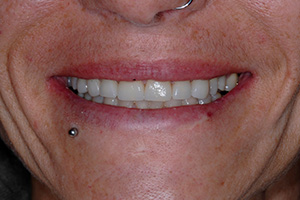 After
After 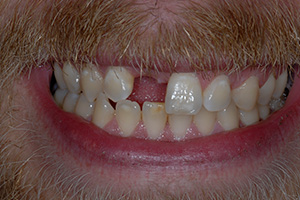 Before
Before 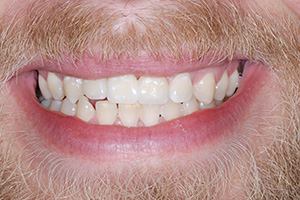 After
After 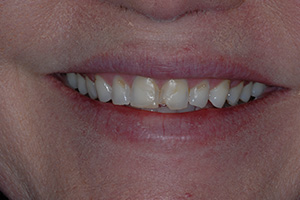 Before
Before 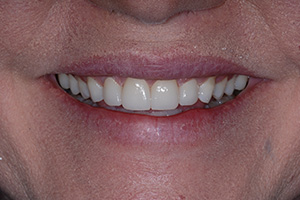 After
After 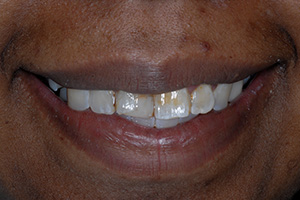 Before
Before 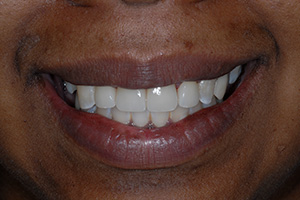 After
After 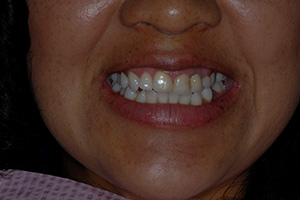 Before
Before 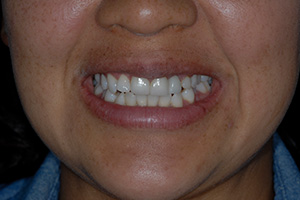 After
After 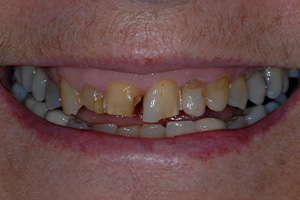 Before
Before 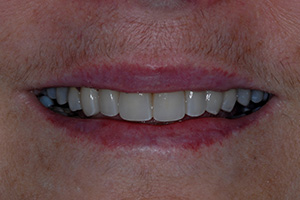 After
After 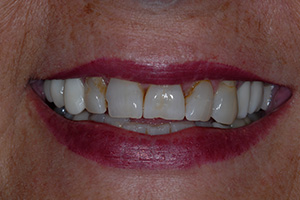 Before
Before 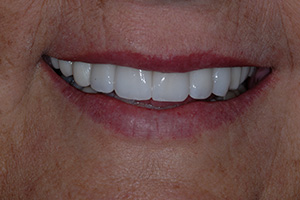 After
After 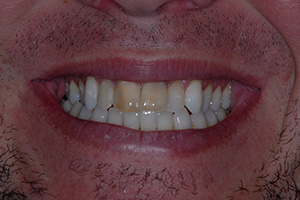 Before
Before 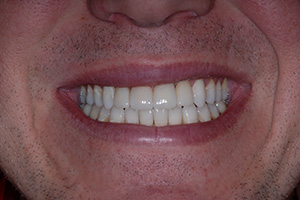 After
After 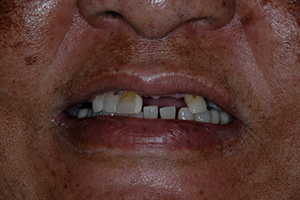 Before
Before 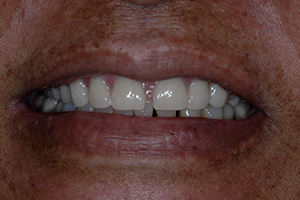 After
After 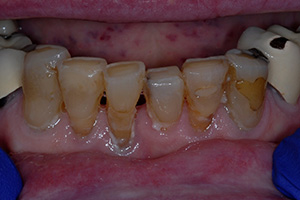 Before
Before 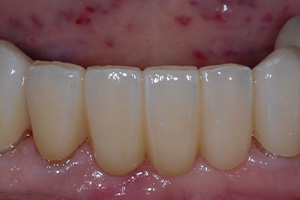 After
After 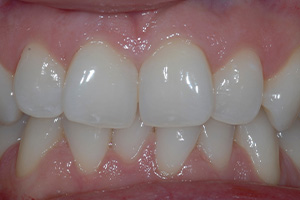 Before
Before 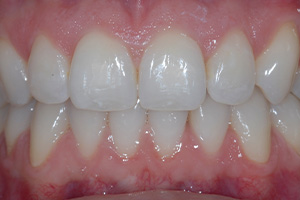 After
After 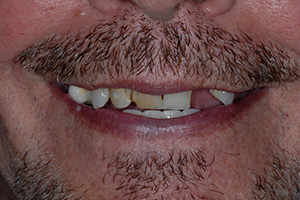 Before
Before 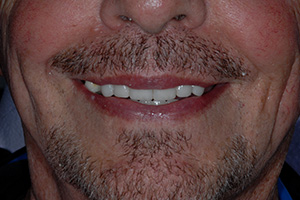 After
After 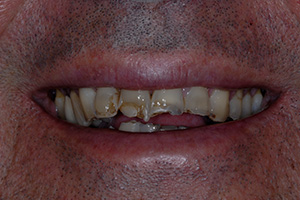 Before
Before 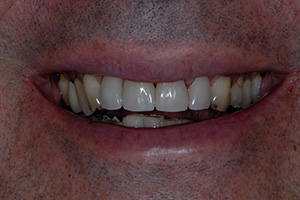 After
After